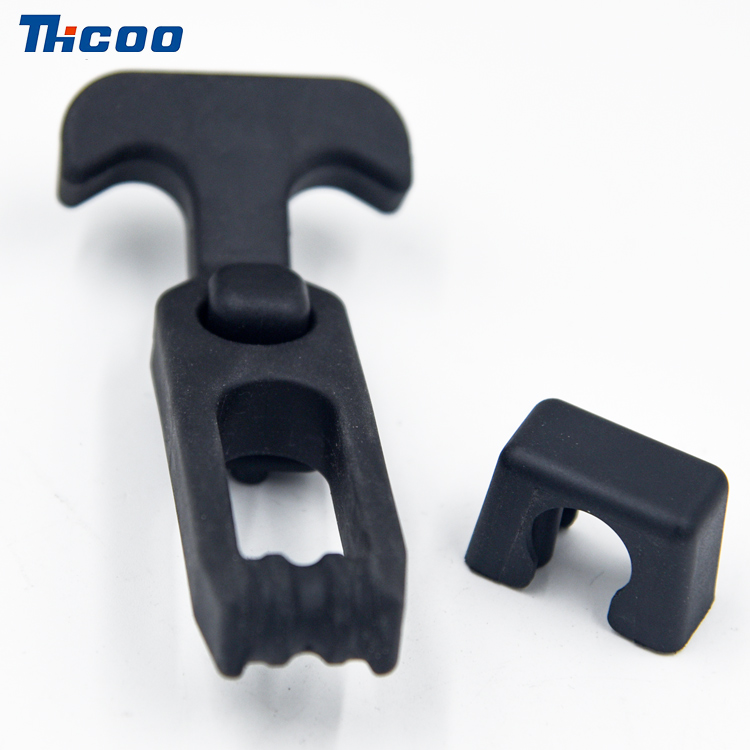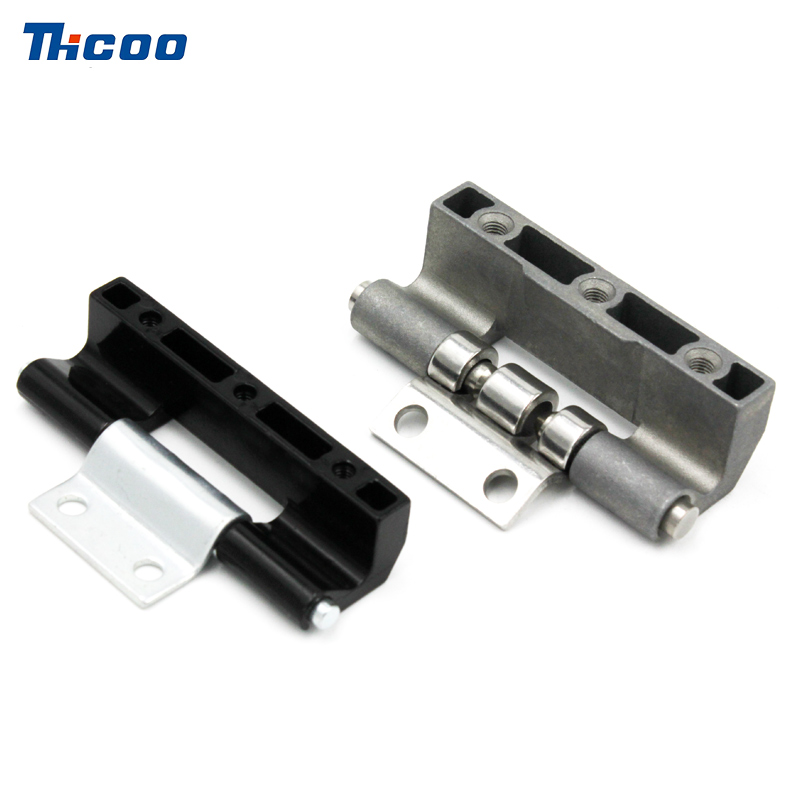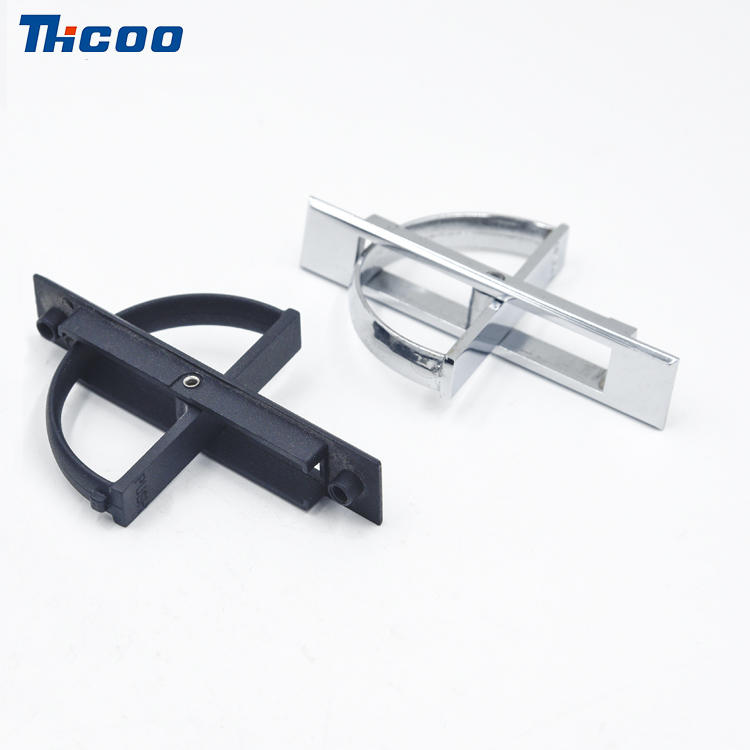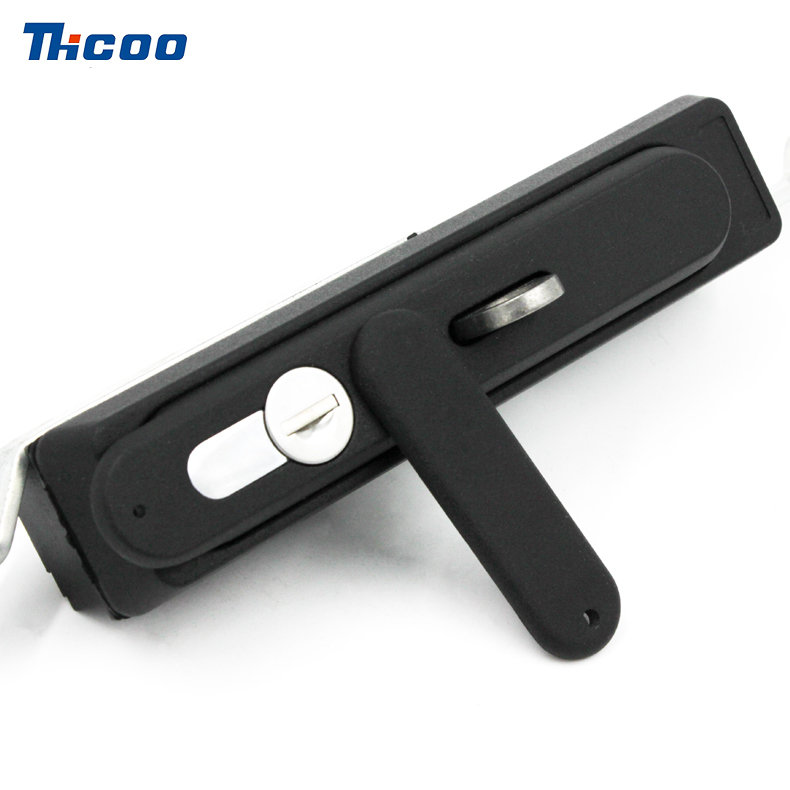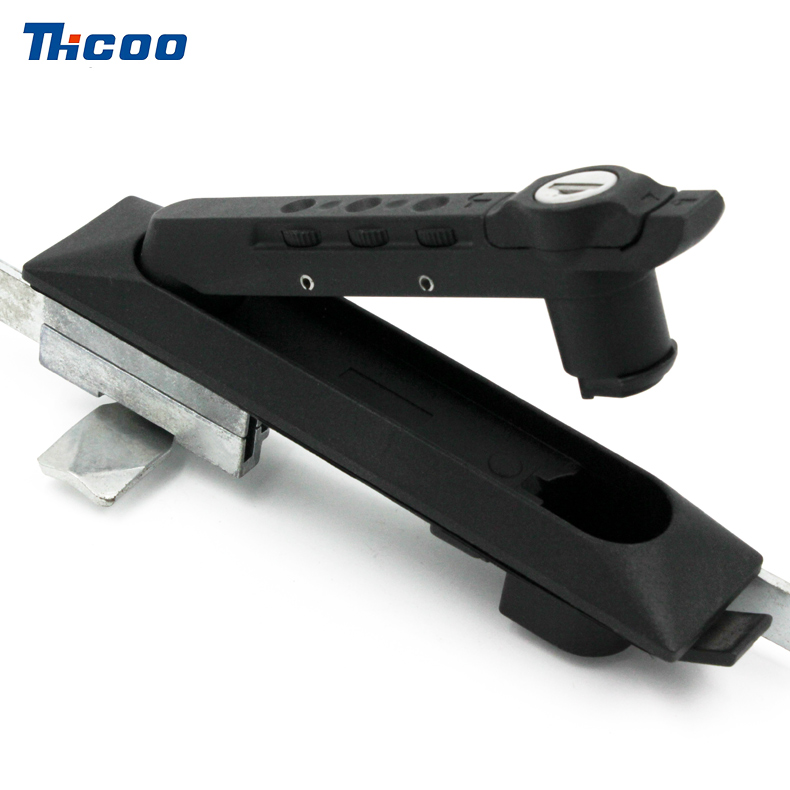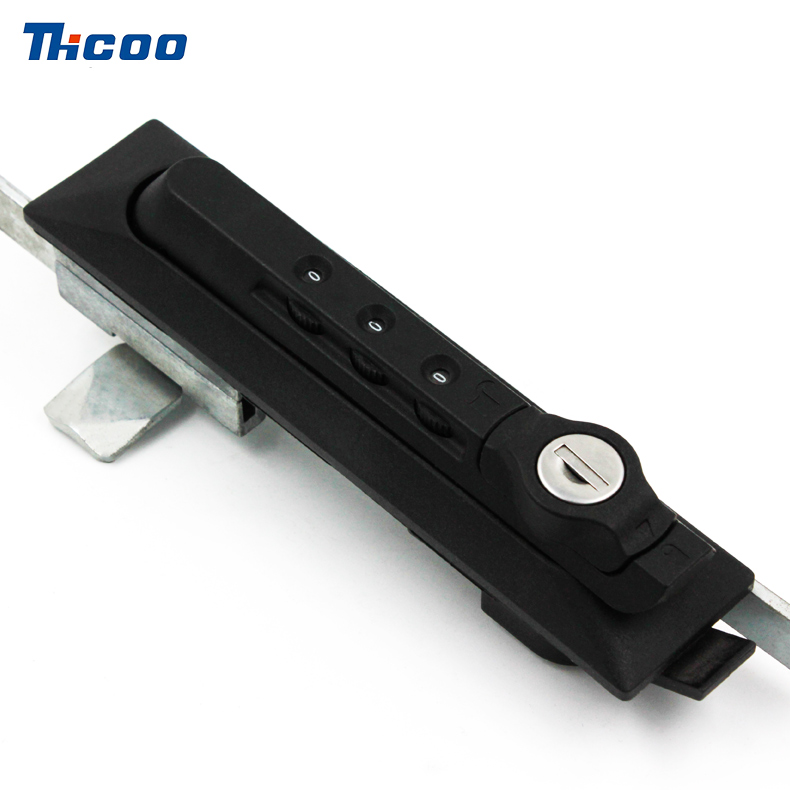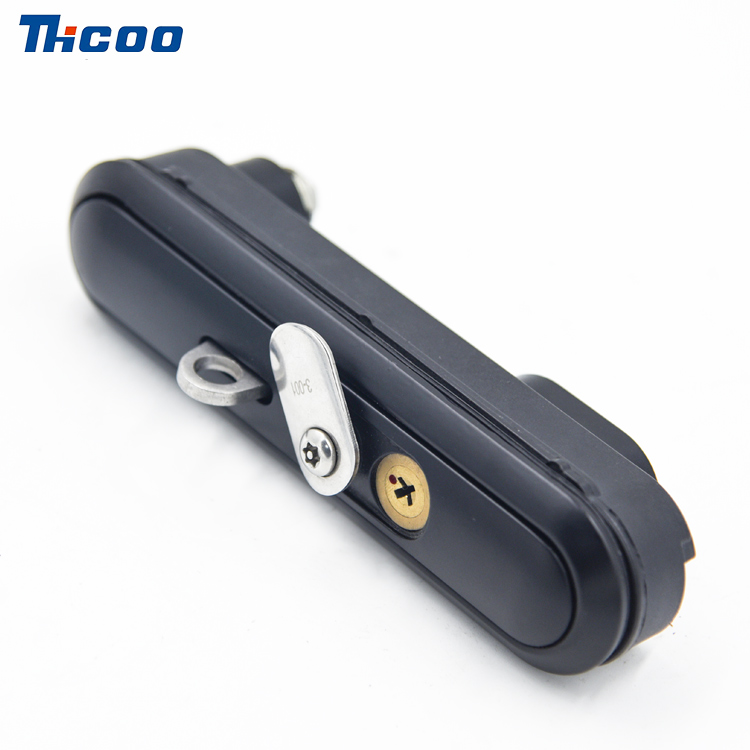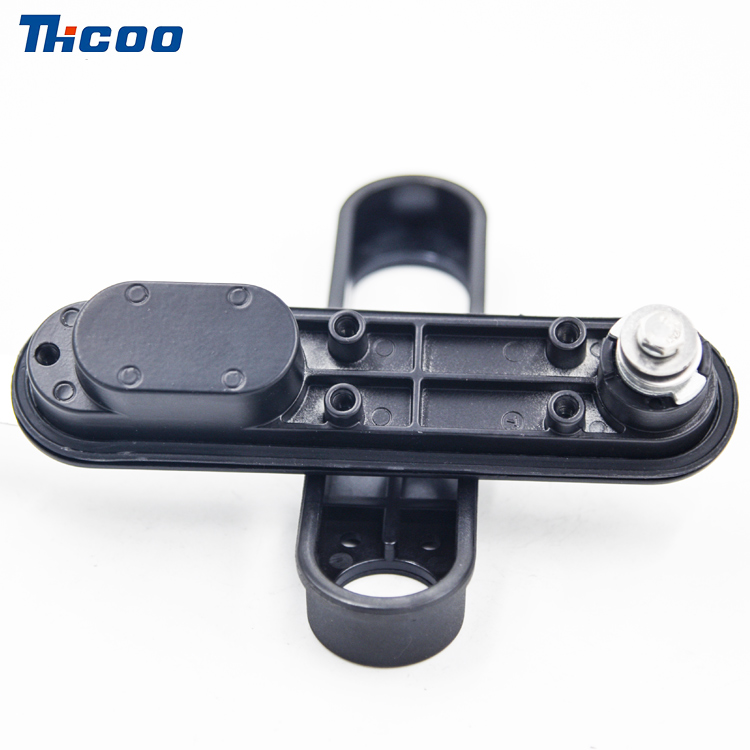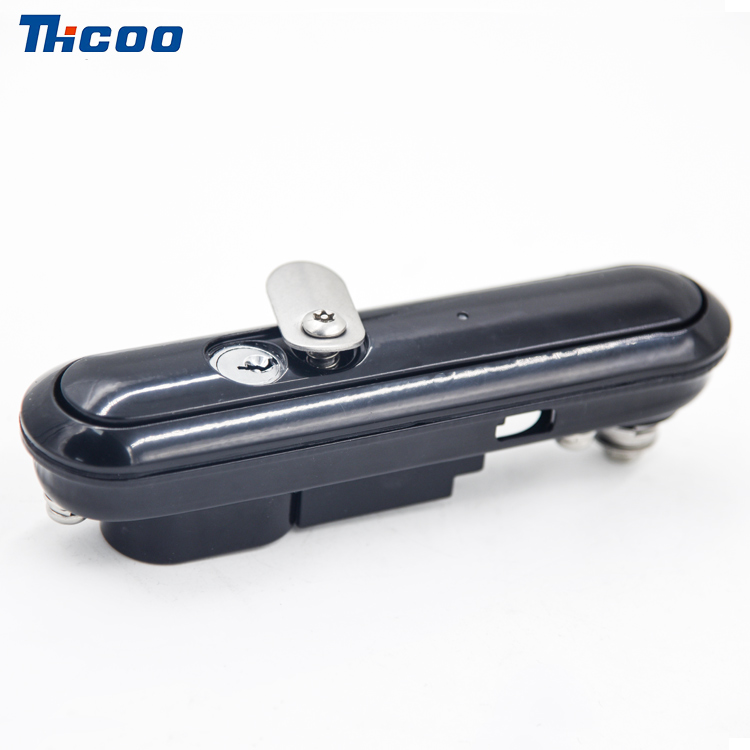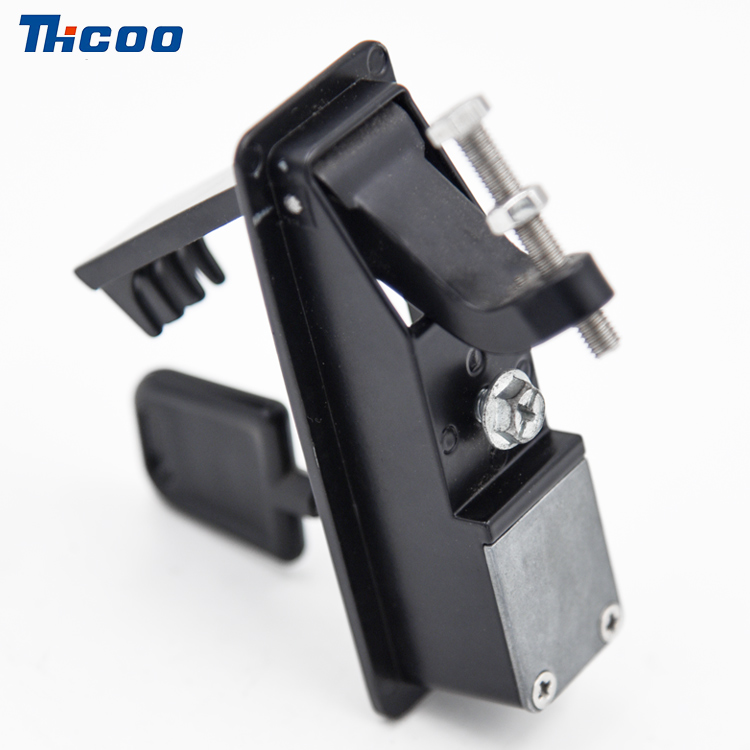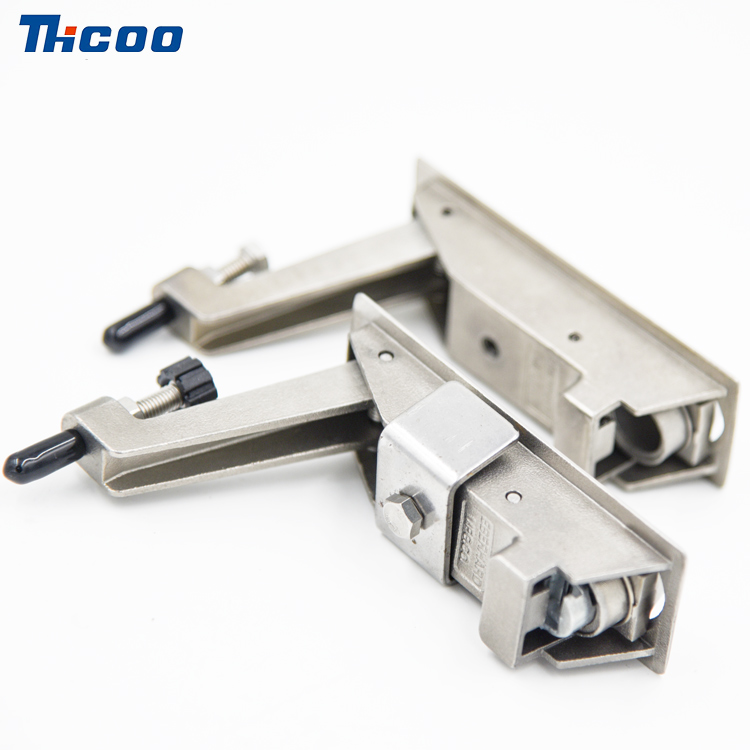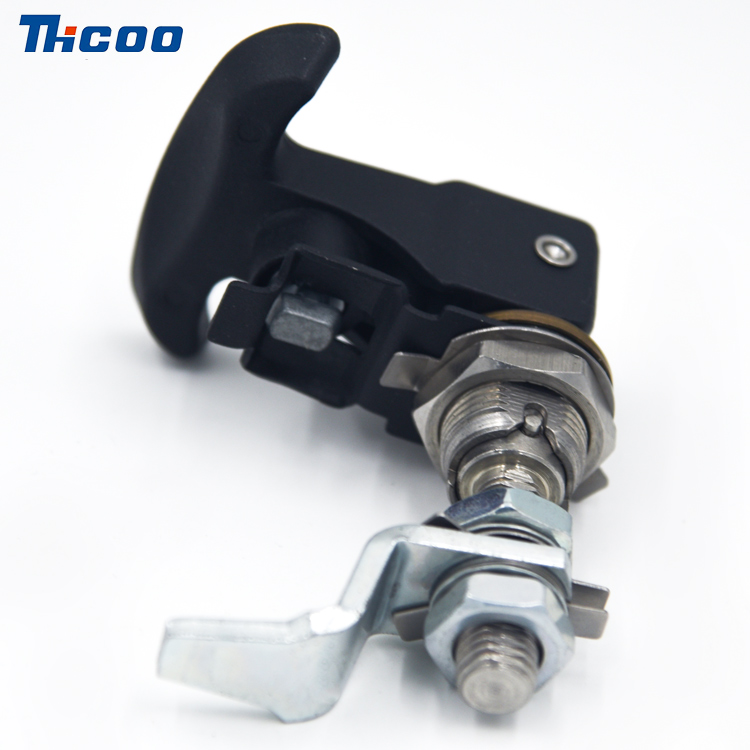Here's a practical breakdown of the best entry door lock features, based on what locksmiths and experienced homeowners actually recommend:
Content
1. Lock Core - The Heart of Security
•Go for bump-proof & pick-resistant cores:
Look for keys with jagged edges and dimples (like a mountain range) instead of flat teeth. These frustrate lock-picking tools.
•Solid metal construction:
Avoid locks with plastic insides. Heavy brass or steel cores last decades.
2. Deadbolt - Your Main Defender
•Thick bolt matters most:
Choose bolts at least 1 inch (2.5cm) thick that shoot deep into the door frame. Thin bolts snap easily.
•Reinforced strike plate:
The metal plate on the door frame must have 4-inch screws anchoring it to the wall studs, not just the door trim.
3. Smart Locks - Convenience Without Compromise
•Must-have safety features:
Physical key backup (for power outages)
Auto-lock after 30 seconds (no forgotten unlocks)
Tamper alarms that scream if someone messes with it
•Skip fingerprint-only models:
Fingerprints can be copied. Opt for dual verification like code + fingerprint.
4. Weatherproofing - Survives the Elements
•Rust-proof materials:
Stainless steel or marine-grade brass handles coastal humidity and winter salt.
•Sealed electronics:
Smart locks need rubber gaskets around buttons and keypads to keep rain out.
5. Installation Tricks Pros Use
•Door armor kits:
Metal wraps around the door edge near locks to prevent kicking-in. Costs less than a new lock.
•Upgrade screws:
Replace short factory screws with 5-inch construction screws in hinges and strike plates.
•Check alignment:
Bolt should slide smoothly into frame hole without scraping.
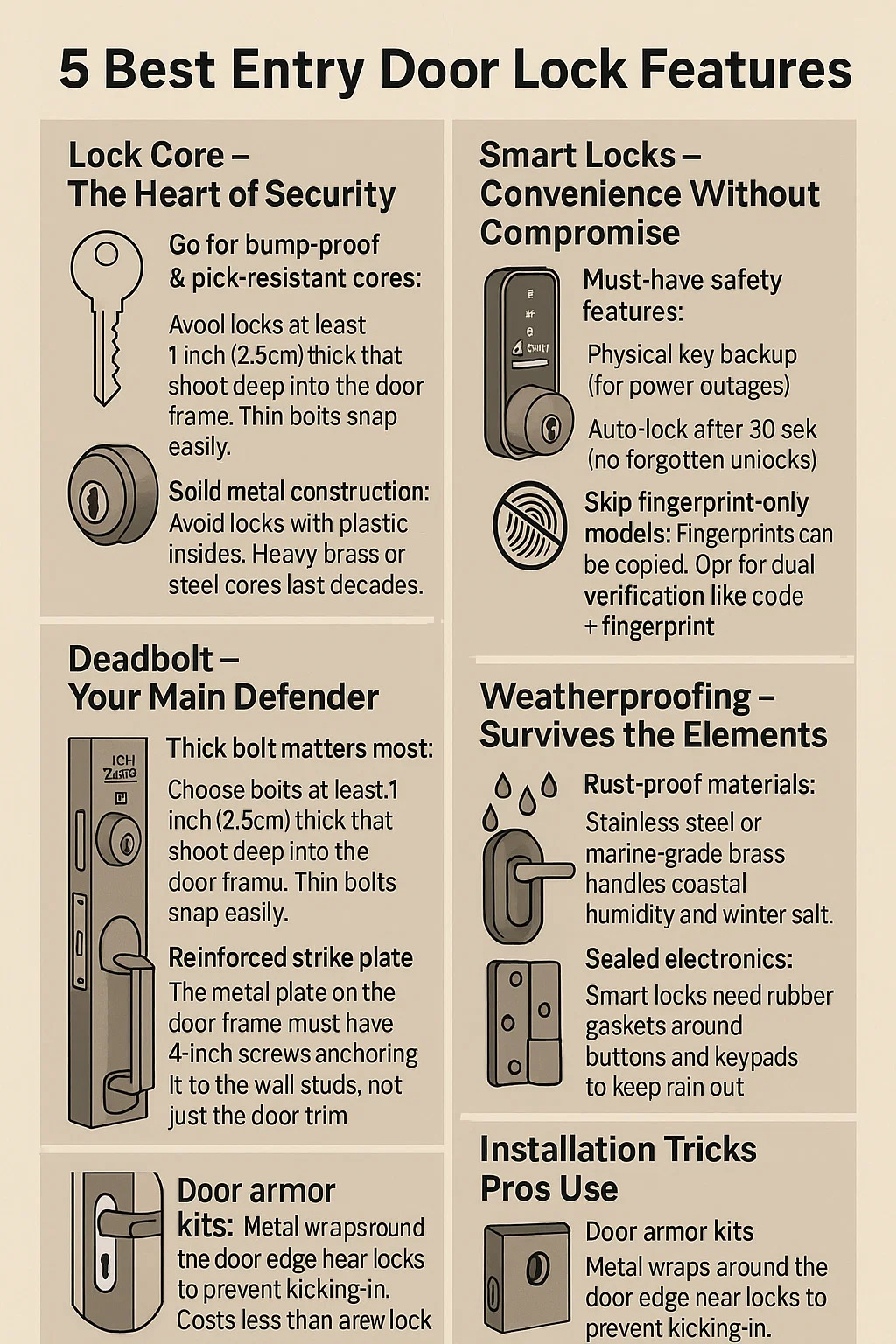

 English
English Deutsch
Deutsch 简体中文
简体中文 languages
languages 

